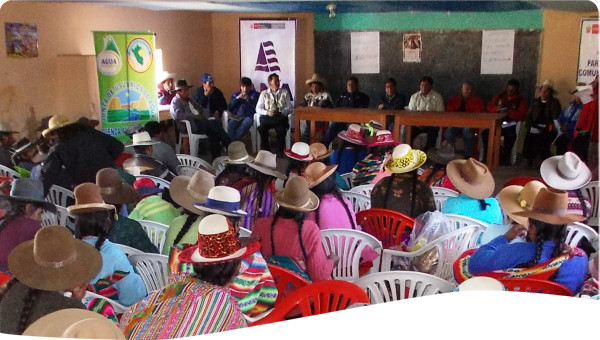The Integrated Water Resources Management (IWRM) paradigm has become an important framework in development and management of water resources. Many countries in the Southern Africa region have begun water sector reforms to align the sector with the IWRM concepts. In 2007 the Mozambican Government started to update the policy and the legal framework of the water sector to foster the application of IWRM concept as a basis for achieving sustainable development. However the steps towards the implementation of this national framework are still in preparation. This research aims to identify and establish a priority ranking of the fundamental factors likely to affect the outcome of the IWRM reforms in Mozambique. This study uses the hybrid multi-criteria decision method A’WOT, a methodology coined by Kurttila et al. (2000). This method relies on the combination of the Strengths, Weaknesses, Opportunities, and Threats (SWOT) technique and the Analytic Hierarchy Process (AHP) technique. Using this procedure it is possible to identify and rank the factors affecting the functioning of a system. The key factors affecting the implementation of the IWRM, analysed in this study, were identified through an expert group discussion. These factors have been grouped into different categories of SWOT. Subsequently, the AHP methodology was applied to obtain the relative importance of each factor captured in the SWOT analysis; to this end the authors interviewed a panel of water resources management experts and practitioners. As a result, of this study and the application of the A’WOT methodology, the research identified and ranked the fundamental factors for the success of the IWRM strategy in Mozambique. The results of this study suggest that in Mozambique a planning strategy for the implementation of the IWRM should be guided mainly by combination of interventions in factors falling under opportunity and weakness SWOT groups.
Description / Abstract
Publication year
Country
Region
Publisher
Thematic Tagging
English
 Resource -
Resource -
